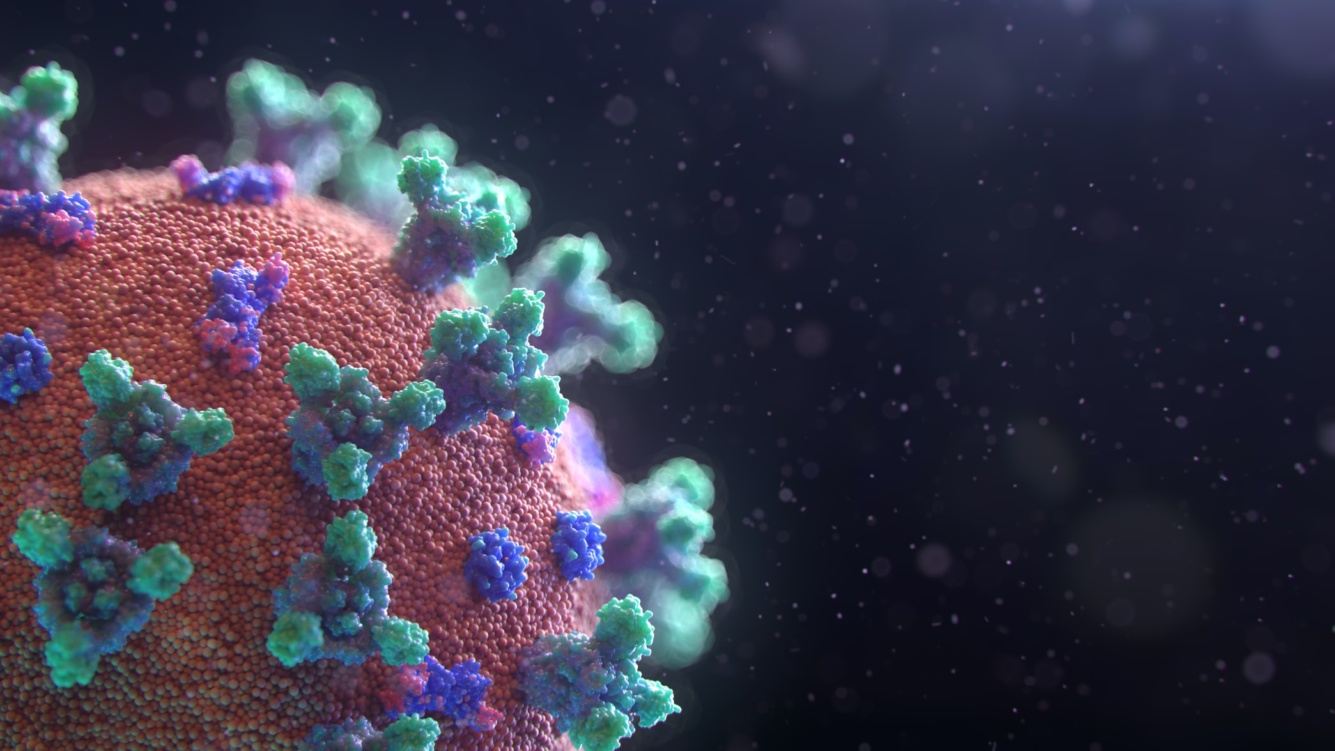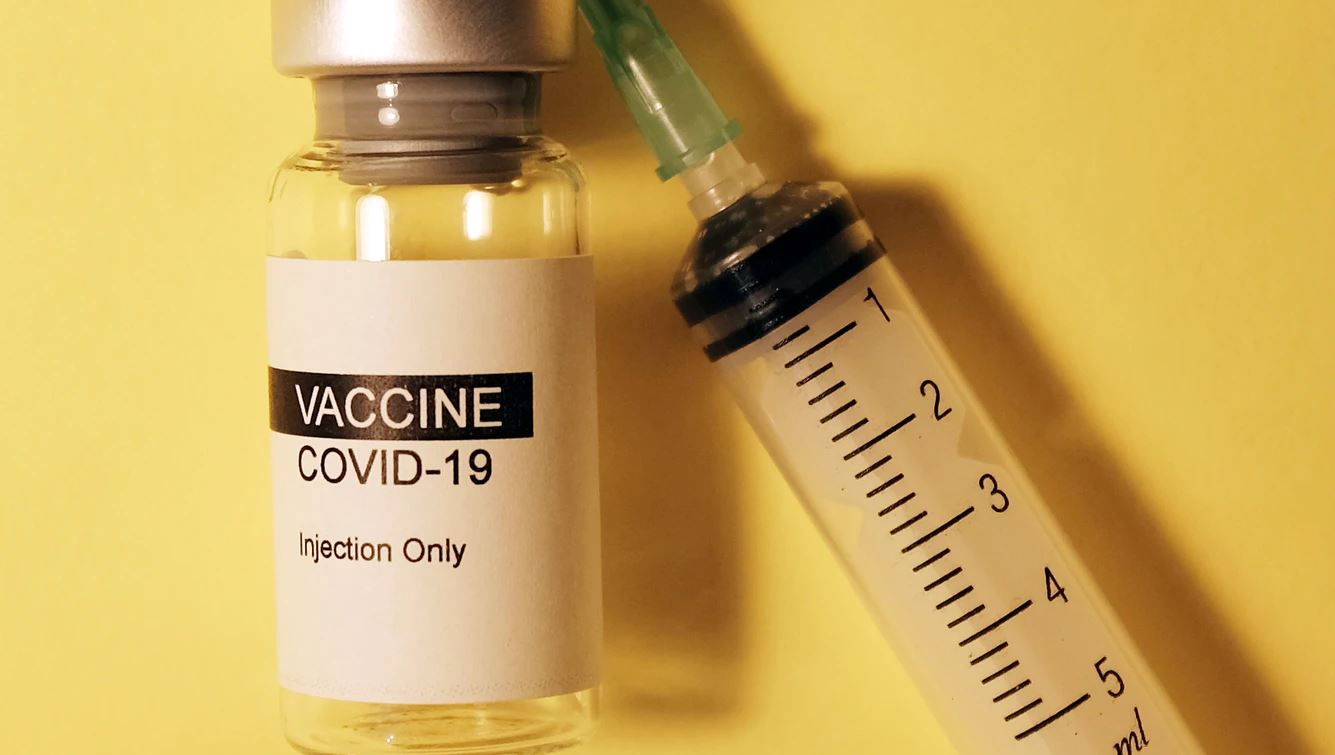
If nothing else, it probably won’t be as bad a full-on case.
If you need a reminder, and I don’t fault you if you do, here’s how vaccines work, specifically mRNA vaccines: your body gets a signal to produce a certain kind of protein reminiscent of an actual virus, your antibodies spring into action and beat the snot out of it, and in the event that the real virus invades your body, your immune system is already locked and loaded. This is why vaccination is so important right now: because repeatedly beating back infections prevents it from spreading.
That being said, vaccines are not cures, and occasionally an infection will manifest even if you are fully vaccinated. This is what’s known as a “vaccine breakthrough case.” While the available vaccines against COVID-19 are very effective at fighting back against both the regular and newly-spreading Delta variants, they aren’t infallible, so there is a chance you could still get infected. What, then, should you expect to happen?

In a vast majority of cases, absolutely nothing. If your immune system is strong enough to fight the symptoms but not quite strong enough to squash the virus immediately, you could have an asymptomatic infection, where you’re outwardly normal but may be shedding viral particles. As long as everyone around you is also vaccinated, this isn’t a problem. In less frequent cases, you may develop some symptoms, but thanks to the vaccine halting the worst of it, they should be much milder, amounting to no more than fatigue, a runny nose, and some allergy-like symptoms. You might not even know it’s a COVID reaction unless you experience loss of smell or taste, which should just be temporary.
In absolute fairness, it is possible to develop a full-blown, hospital-warranting COVID-19 infection even when you’re fully vaccinated. However, according to CDC statistics, the odds of that actually happening are around 0.001%. Not impossible, but highly unlikely, provided you get both shots of the vaccine if they’re available to you (and you should).




